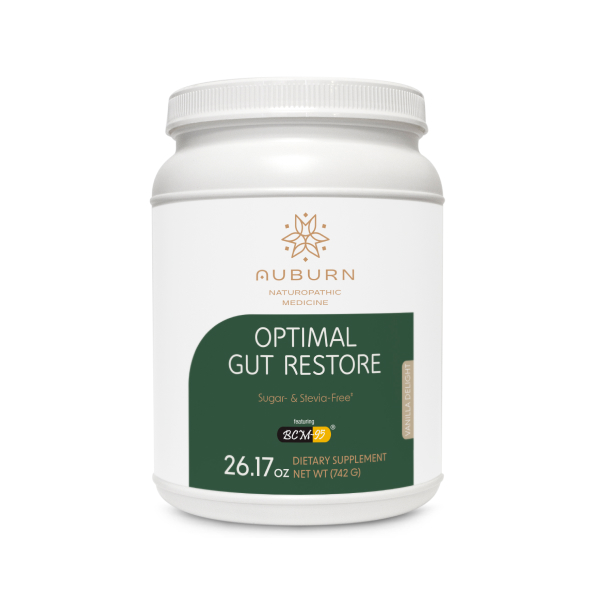
Inflammation is a protective reaction to injury which promotes healing. However, too much inflammation and pain is a sign of dysbiosis within the body. On average American’s consume less than half the daily recommended fruits and vegetables. There is a direct correlation between this consumption & dysbiosis.
Choosing the right foods:
Fruits, vegetables, nuts, seeds, and omega-3 rich oils are potent in antioxidants, enzymes and other compounds that reduce inflammation and promote healthy cell regeneration. The anti-inflammatory diet is based on plenty of vegetables (& berries,) n-3 fatty acids, lean protein, grass-fed grass-finished beef, minimal saturated fat, no trans fats and avoidance of refined and processed foods. Bring these tips & tools to the market for healthful ingredient choices. Your body, mind and spirit deserve to feel healthy, empowered, great!
Choosing the right oil:
Monounsaturated fat and polyunsaturated fats are both health promoting. Monounsaturated fats are correlated with lower CVD risk, preventative against specific cancers and rheumatoid arthritis. This fat found in olives, avocados, almonds and cashews first caught the attention of the health community through research on the Mediterranean diet. Research continues to support the use of these fats as anti-inflammatory, as well as the use of PUFA fats.
Poly-unsaturated fatty acids: linoleic acid (omega-6) and alpha-linolenic acid (omega-3) are both essential meaning the body does not synthesize them. Therefore, it is vital to get them through diet. The inflammatory fat: linoleic acid found within processed foods and red meat makes up the majority of American fat consumption (hence American’s high inflammatory markers.) Alpha-linolenic acids present in flax oil, fish and some leafy vegetables are the precursors to anti-inflammatory molecules. Therefore, when consuming a standard American diet incorporating fish, flax and/or walnut oils is critical for balancing your omega-6 and omega-3 ratio. (Suggested omega 6 to omega 3 ratio: 4:1 However a 1 : 1 ratio is ideal)
Avoid the following Inflammatory foods:
Trans fats, Omega 6 fatty acids: PUFAs, High glycemic index foods, Sugar, Refined grains, Processed foods, Conventionally raised dairy and meats
Here is a delicious, nutritious salad recipe to try:
A.I. Dandelion & Sprout Salad
1/2 pound dandelion greens (or arugula or mixed greens)
2 cups alfalfa sprouts
2 cups mung sprouts
1 cup sunflower sprouts
Dressing:
2 cloves garlic (optional); 1 tbs lemon juice; 1 tsp umeboshi paste; 2 tbs extra virgin olive oil blended then tossed with salad
Enjoy!
Gretchen Dunbar, MScN



